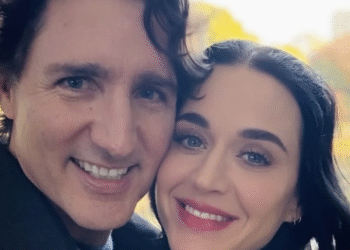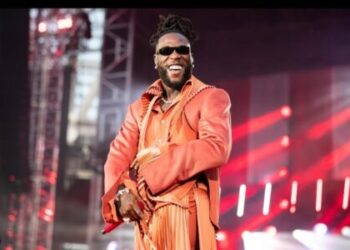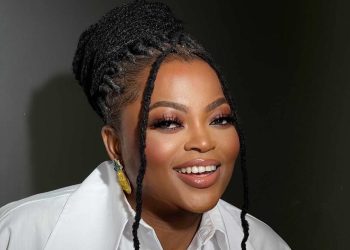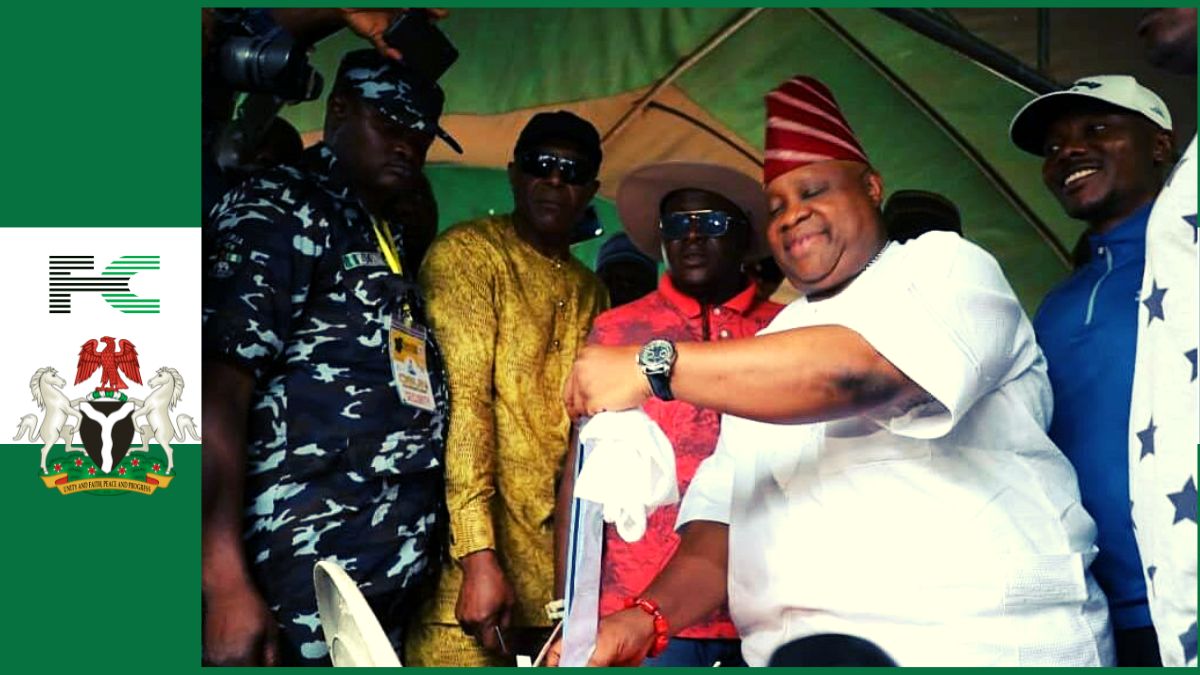The passing of Michael Eugene Archer, better known as D’Angelo, at the age of 51 after a private battle with cancer (reportedly pancreatic cancer) is more than a sad loss for R&B, it’s also a profound tragedy for the landscape of neo-soul he helped pioneer. His family’s request to celebrate his “legacy of extraordinarily moving music” is a poignant reminder of the genius that was often more absent than present.
While the world mourns the man who redefined vulnerability and funk with just three albums (Brown Sugar, Voodoo, and Black Messiah) we must also analyze the enduring questions of creative struggles, public image, and the fate of his unfinished work. D’Angelo was a reluctant icon, a prodigy who taught himself piano at age three, yet struggled for decades with the very spotlight his singular talent demanded.
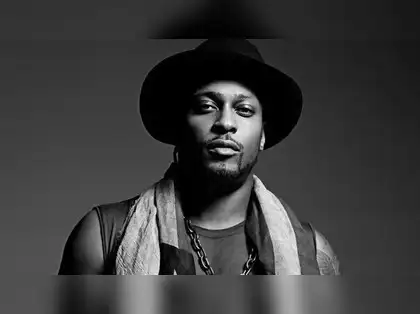
D’Angelo the Artist
D’Angelo’s career stands as a fascinating, and at times frustrating, case study in the tension between artistic perfectionism and commercial pressure. After the 2000 masterpiece, Voodoo, which placed him at the zenith of the music world (and whose Untitled (How Does it Feel) video turned him into an uncomfortable sex symbol) he effectively vanished for 14 years. This hiatus, fuelled by alcoholism, a near-fatal car crash in 2005, and a struggle with his unwanted image, robbed the world of a decade of his sound.
His 2014 return with the politically charged, Grammy-winning Black Messiah was a musical resurrection and a powerful statement on social justice, proving his genius had matured rather than faded. The album’s creation, inspired by the national unrest following the deaths of Michael Brown and Eric Garner, cemented his status as a master who seamlessly blended gospel-rooted emotion, hip-hop grit, and funk improvisation.
It was a reminder that D’Angelo wasn’t just a voice; he was a cultural force who only spoke when he had something profound to say. His struggles, while deeply personal, illustrate a broader issue: the music industry’s failure to nurture and protect an artist’s humanity over their commercial viability.
The immediate concern is the fate of the long-awaited fourth album he was working on with collaborator Raphael Saadiq. Saadiq had recently stated that D’Angelo was “working on six pieces” and was in a “good space,” fueling hope for a timely release. This project cannot be allowed to vanish into the same ether that delayed Black Messiah.

